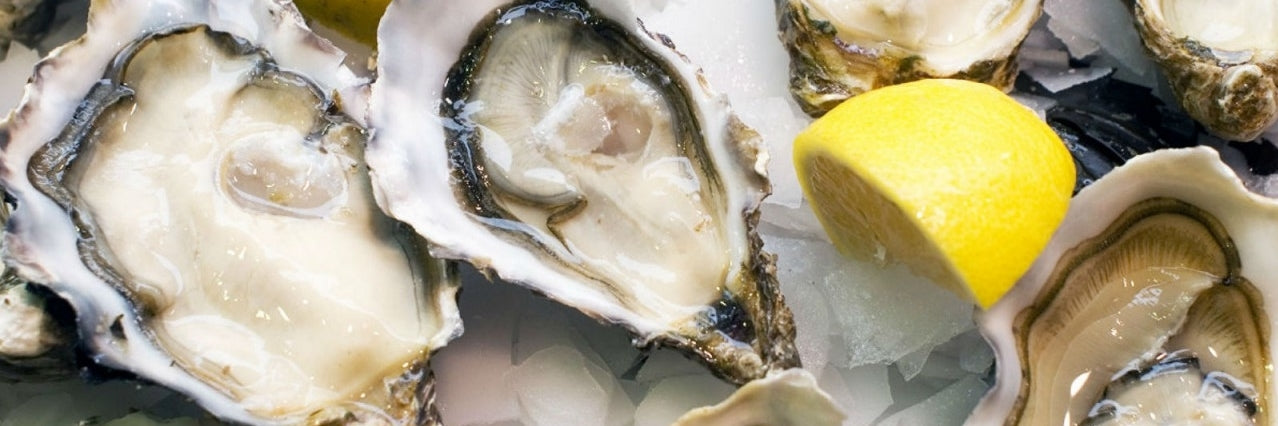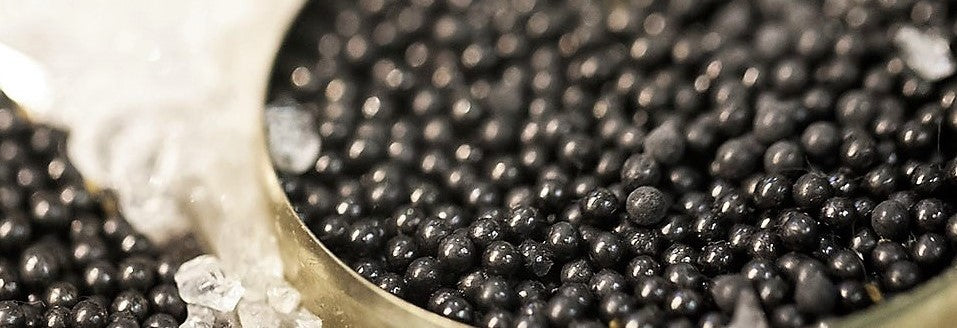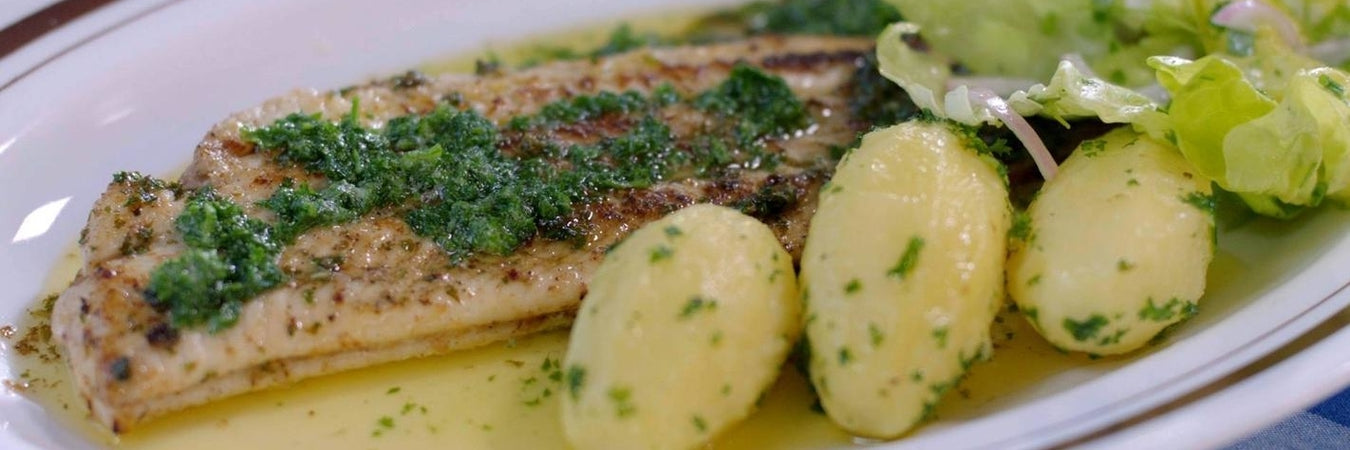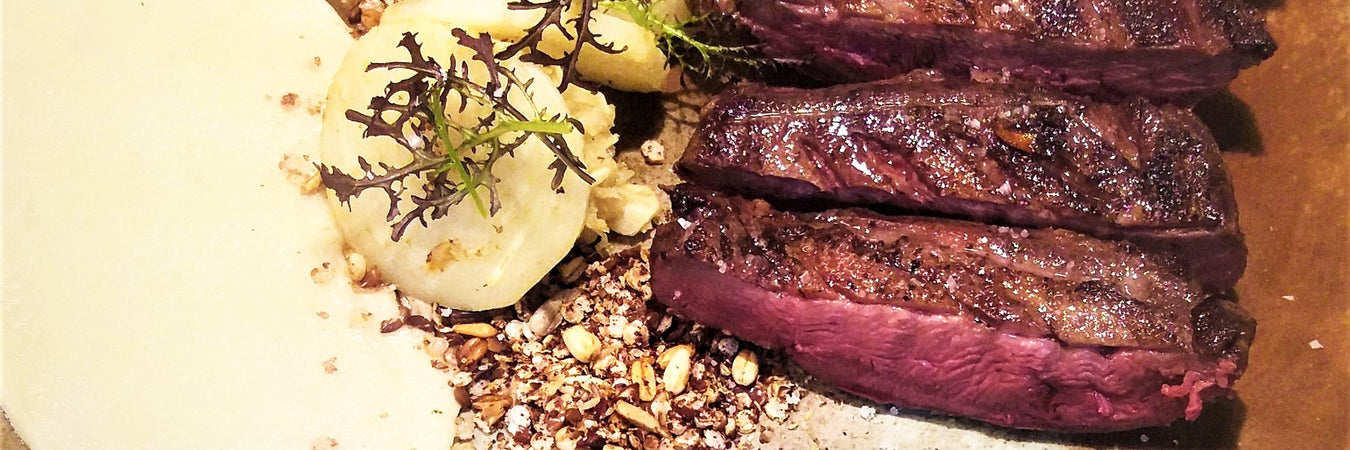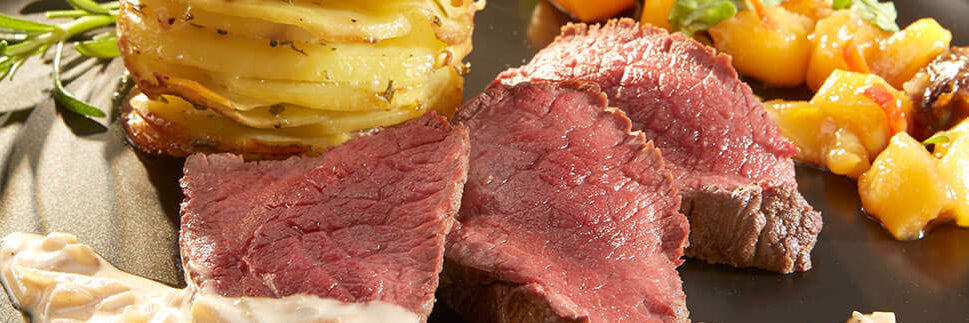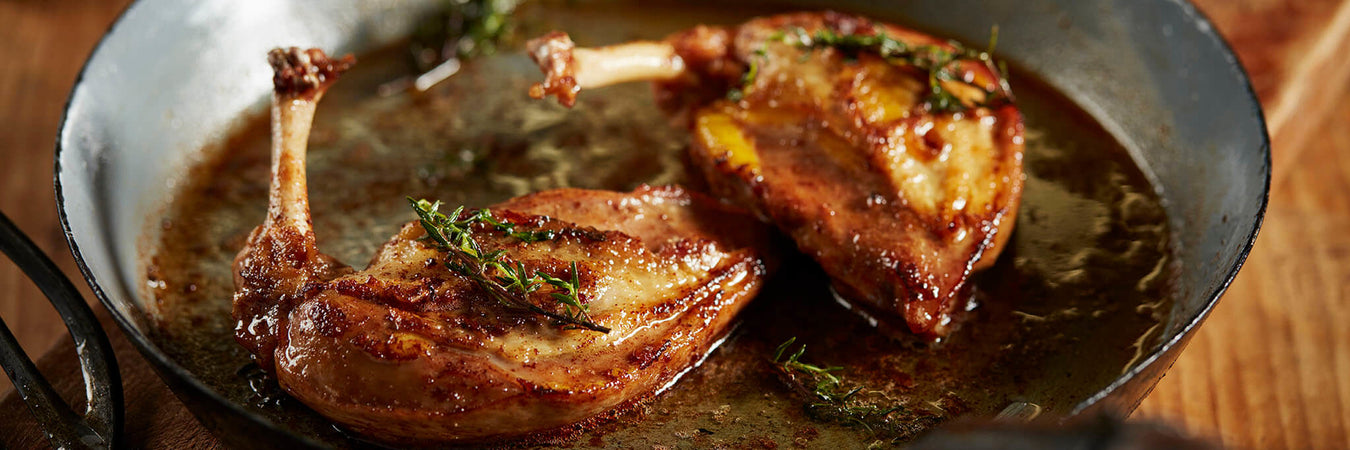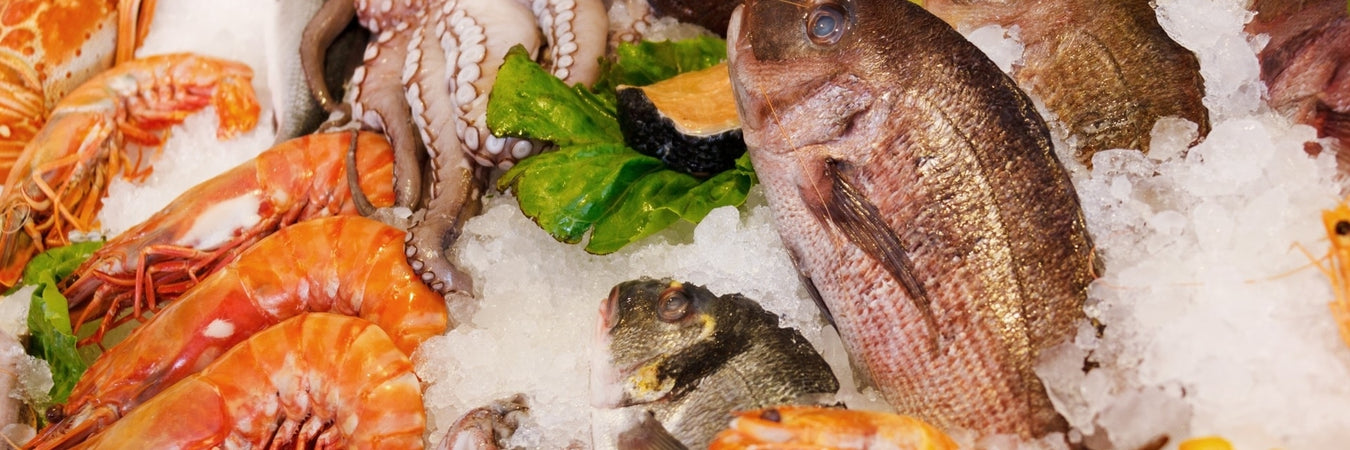Vines love drought and heat. Moisture and rain in the spring cause fungi such as mildew or downy mildew and other diseases that affect the vine. Traditional grape varieties such as Pinot Noir and Chardonnay are quite susceptible to mold. There are mold-resistant grape varieties, but they are not very famous.
In organic viticulture there is a ban on chemical-synthetic crop protection (insecticides, fungicides, herbicides). This means that pesticide residues are found much less often in organic wines and in much lower doses.
Where possible, a grape grower will opt for more robust varieties that are themselves resistant to fungi, such as Reberger, Regent or Johanniter. Large wineries, however, stick to their renowned grape varieties.
Only in the last instance will an organic winemaker resort to crop protection. When an organic vineyard suffers from mold, the following substances are allowed - in Belgium -:
- Bordeaux porridge (copper) for a maximum of 6 kg / ha / year, not preventive. Copper is not neglected and poses a certain risk to soil life. The organic sector is therefore diligently looking for alternatives to this. (Copper is also allowed in conventional wine-growing.)
- A grape grower can use sulfur in moderation because there are stricter limits in organic on the amount of sulfite in the end product (the wine) than in conventional ones. Sulfur that is used during cultivation can cause an amount of sulphite in the end product.
When an organic winery is struggling with insects, he can use:
- spinosad, the product of a digestion process of soil bacteria that is toxic to insects.
- pheromones, fragrances that literally trap harmful insects. These substances are not sprayed on the vines but only used in traps.
- pyrethrins, an extract from chrysanthemums
- microorganisms (no GMOs) <
The organic wine grower also uses natural enemies to prevent bird damage, namely birds of prey with high nesting boxes.
NB Depending on country to country, additional resources may be permitted for organic grape cultivation. In Belgium the list is very limited. In France slightly more resources are possible, eg vegetable oils. Incidentally, the organic grower may only use an active substance if it is also permitted for conventional farmers. Everything that the organic farmer is allowed to use, the conventional farmer can also use.
Om schimmels tegen te gaan gebruikt de gangbare druiventeelt behoorlijk wat chemische gewasbescherming ter bestrijding van ziektes, insecten en onkruid.
There is also a lot of experimentation with genetically modified grape varieties: in Chile, the genes of a fungus were introduced to combat gray rot and mildew. Italian and Korean scientists are experimenting with the CRISP / CA technique to make Chardonnay grapes mold resistant. For the time being, these grape varieties are not yet permitted and therefore not commercialized.
Chemical pesticides also have a detrimental effect on the environment: they end up in the soil and groundwater and disturb the ecosystem. In addition, they cause a great expense for the purification of drinking water.
GMO techniques are already being used to make wine, not (as is sometimes claimed) for the yeast cultures but for the enzymes. Enzymes are proteins that influence chemical processes. Enzymes produced by GMOs can therefore be used to clarify the wine.


